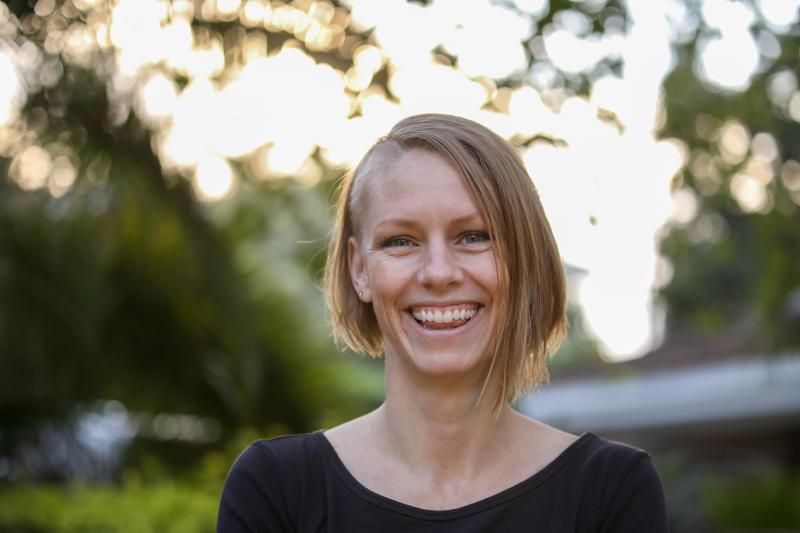×
The Standard e-Paper
Home To Bold Columnists

Megan Root is the founder of Grounded, a name she says originated from a yoga practice that means “grounded at the roots”.
She spoke to Hustle about her company’s line of non-toxic cleaning solutions, and the motivation behind her idea.